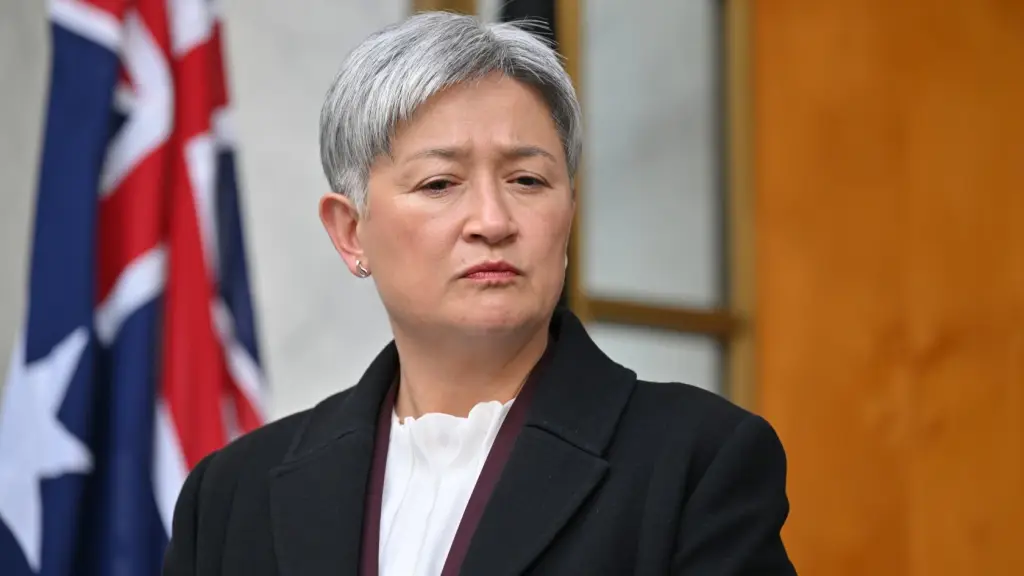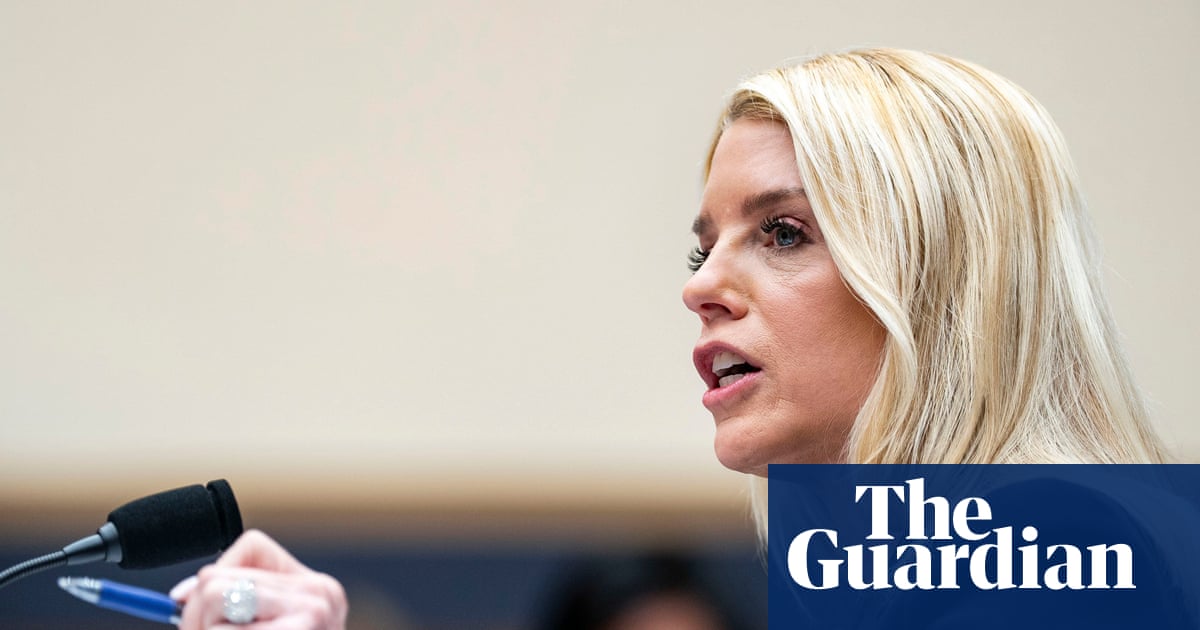
As the humanitarian crisis in Gaza deepens, Australian Prime Minister Anthony Albanese and Foreign Minister Penny Wong are grappling with how to address a dire situation that has strained international relations and tested diplomatic rhetoric. The situation in Gaza, described as “unimaginable” by Wong and over two dozen other foreign ministers, demands urgent action as famine looms large.
The humanitarian crisis has escalated rapidly. Last week, a joint statement from Australia, Austria, Canada, the EU, France, Germany, Italy, New Zealand, Norway, and the UK labeled the situation as “catastrophic.” In July, it was said to have “reached new depths,” highlighting the persistent deterioration over recent months. Despite these increasingly severe descriptions, the question remains: what concrete actions will Australia and its allies take beyond issuing statements?
International Pressure and Diplomatic Challenges
The diplomatic language surrounding Gaza has intensified, yet the actions of countries like Australia are under scrutiny. Many nations, including Australia, have committed to recognizing a Palestinian state, but tangible steps have been limited. The challenge for Albanese and Wong is formidable, as they navigate a landscape where Israel, once a close ally, is now led by a government accused of exacerbating the crisis.
Pressure mounts on the Netanyahu administration, which is perceived to be exacerbating conditions in Gaza. The Israeli government’s actions are seen as part of a broader strategy to prevent the establishment of a Palestinian state. This approach is supported, in part, by the United States, which provides military aid and political backing to Israel.
The Role of the United States
The United States’ involvement is a critical factor in the ongoing conflict. Despite international calls for a ceasefire, the US has continued to support Israel, complicating efforts by countries like Australia to mediate effectively. Statements from Wong and Albanese have expressed gratitude towards the US for its efforts, yet critics argue that the US could do more, such as leveraging its military aid to push for peace.
“We are grateful to the US, Qatar, and Egypt for their efforts in pushing for a ceasefire,” reads a recent statement from the coalition of foreign ministers.
This sentiment, however, is seen by some as a diplomatic fiction. Critics point out that both former President Donald Trump and current President Joe Biden have maintained policies that enable Israel’s military actions, rather than curbing them.
Historical Context and Current Implications
The situation in Gaza is not new, but its current severity has forced Western countries to reconsider their positions. Historically, the West has supported a two-state solution, yet little progress has been made. The actions of the Netanyahu government have further complicated these efforts, as it continues to expand settlements and exert control over Palestinian territories.
For Albanese and Wong, the challenge is not only diplomatic but also moral. Australia, like many Western nations, has long relied on the US as a strategic ally. However, the current crisis has exposed the limitations of this alliance, particularly when the US is perceived as a “malignant actor” in the region.
Expert Opinions and Future Prospects
Experts suggest that Australia and its allies need to adopt a more assertive stance. This could involve leveraging international forums to apply pressure on Israel and the US or exploring alternative diplomatic channels to support Palestinian statehood. The path forward is fraught with complexities, but the urgency of the humanitarian crisis demands action.
“The West has blithely mouthed support for a two-state solution as an excuse for doing nothing,” notes one analyst, highlighting the gap between rhetoric and reality.
As the situation unfolds, Albanese and Wong’s diplomatic skills will be tested. They must balance international relations, historical alliances, and the moral imperative to act against a backdrop of escalating tensions. The world watches closely, hoping for a resolution that addresses the humanitarian needs of Gaza while paving the way for lasting peace.





